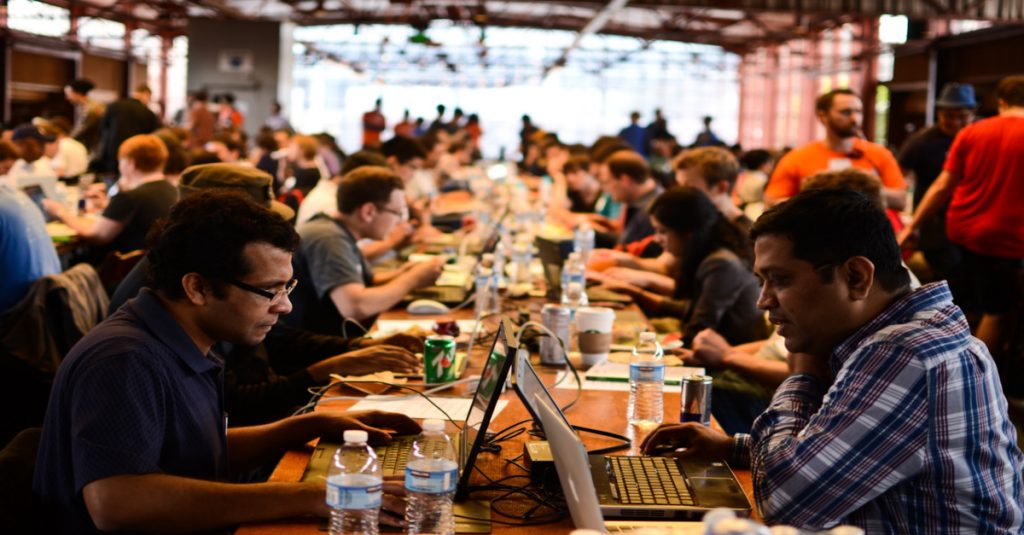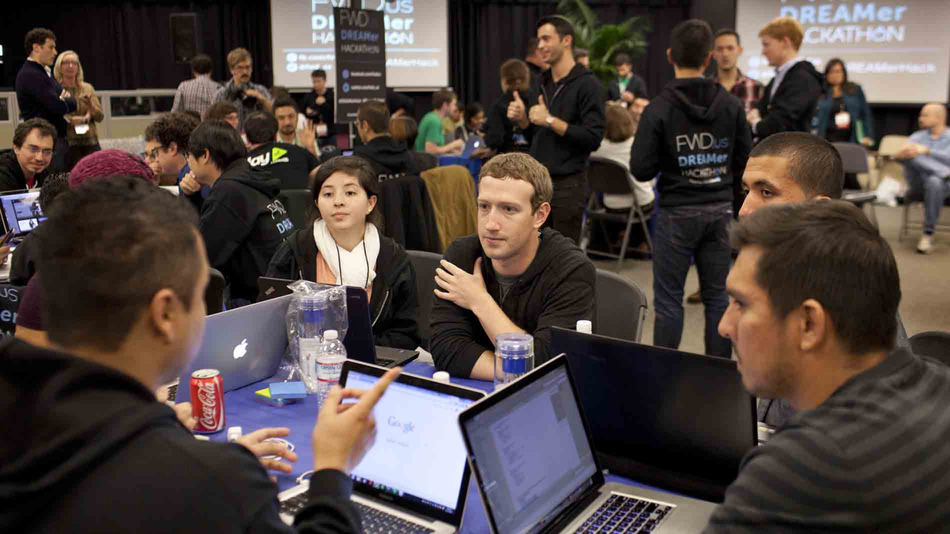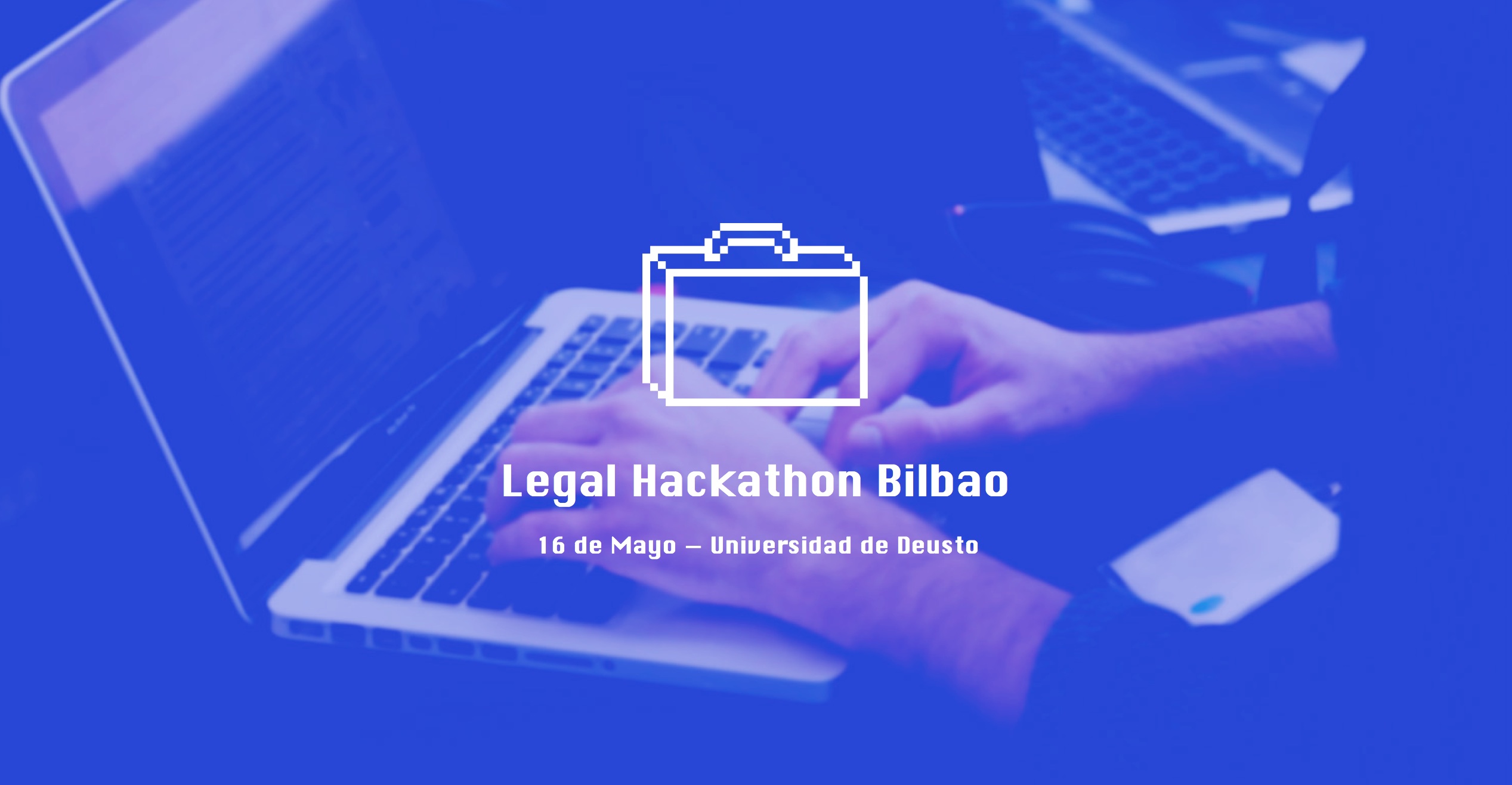This blog post talks about how, in India, the legal field lags behind when it comes to entrepreneurial events such as hackathons and what cane be done to cure that.

What is a Hackathon?
Hackathons have become an integral part of the coding culture, even in India. The event is usually spread over a few days. As Wikipedia puts it:
“A hackathon (also known as a hack day, hackfest or codefest) is an event in which computer programmers and others involved in software development and hardware development, including graphic designers, interface designers and project managers, collaborate intensively on software projects. “
Why Hackathons?
At the expense of sounding boring, allow me to quote a banal adage “All work and no play makes Jack a dull boy.” Hackathons are a midway between work and play. Imagine meeting a bunch of completely new people. You’ll be staying with them for the next couple of days; at the end of which you all would have developed a Minimal Viable Prototype of what might go on to become a billion dollar business, or which could solve a major social problem. Isn’t it exhilarating? If this doesn’t make you tick, then all the best to you sitting at your cubicle for the next of your life (better buy yourself a pretty good chair).

The point is, Hackathons are a place where ideas turn into reality, or are maybe conceived. Even Google had this policy of mandatory giving holidays to employees for one day every week to work on projects unrelated to their jobs at Google. This gave rise to an umpteen number of useful products like Gmail, Adsense etc. This should be an indication that any activity that promotes innovation, can, more often than not, be beneficial to our society.
Current Scenario in India:
Hackathons have become immensely popular in India. One of the attributes to that is the current startup boom in our country. Events like these provides the startups like Ola, Uber, Flipkart, InMobi etc. to get effective solutions to some of the current problems faced by them, without using any of their current work force and at the same time, spending a miniscule sum of money (in terms of prizes and other organizational costs). The Government of India has also started conducting these events under the “Digital India” program (Read here). Google “hackathons” and you’re going to get at least 5 of these events happening in your city over the next one month.

Why Legal Hackathons?
One thing that I found was missing while reading up on this topic was that there was a dearth of hackathons relating to the legal field per se. Although, one out of the hundreds might mention “to tackle problems in the legal field” as one of the objectives, there is no tangible progress happening in this field. This might be owing to the lack of legal startups in the country (A big shout-out to sites like vakilsearch.com). There exists a stark contrast to the rest of the world. Outside India, legal hackathons are taking place and are showing results. Let’s take an example of a ‘Hackcess to Justice‘ legal hackathon held by American Bar Association in 2014. Here’s an excerpt from a report of that event:
“‘You are about to embark on the noblest of ventures,’ LSC president Jim Sandman told hackathon participants on Thursday during his opening address. Sandman noted that over 65 million Americans qualify for free civil legal aid, and that over 80 percent of their civil legal needs had gone unmet.
“It is our goal to provide some form of effective assistance to 100 percent of the population,” said Sandman. “
The event resulted in some cools apps being developed, ranging from an application to generate wills and health care proxies to managing a network of pro bono lawyers. All in all, it was a fruitful process. (Read the entire article here).

Though we’ve seen some online websites coming up to create legal documents, India is still far behind when it comes to synergistic advancements in the field of law and technology. Let’s look at some of the leading ‘lawyering’ websites and how the apps help them.
LegalZoom provides the users with an opportunity to create a will just by submitting information about his assets and expectations relating to bequeathing the property. The forms are computer generated and the process is hassle free.(Source)
Kiiac uses computer generated forms and use machine intelligence to generate a variety of documents.
Even Harvard holds these legal hackathons time to time wherein coders and lawyers meet and try to solve problems in the legal world. There is also an organization by the name of Legal Hackers solely based on the idea to “develop creative solutions to some of the most pressing issues at the intersection of law and technology ” (Read here).
Why India?
Sadly, there isn’t anything closely related to the above mentioned activity, in India. I believe that India is a place where there is an appalling need for this. We have websites which supposedly files your consumer disputes online. However, (and many people would back me up on this) it isn’t known by a lot of people, doesn’t work and is tardy. Although a few websites have come up which provide legal documents and advice online, it still hasn’t reached the masses. New apps could give us better researching tools, automated documents generator, and overall a smooth functioning of this system.
With so many hackathons happening in India, a few legal ones won’t hurt. As Law and Technology blog suggests “Many of these companies were inspired by the ideas at these legal hackathons are now out in the real world generating real business.” (Source) It might just give us something amazing to solve our daily problems. Even the current ODRways project was largely shaped at a startup weekend (which in a way is extremely similar to a hackathon).




